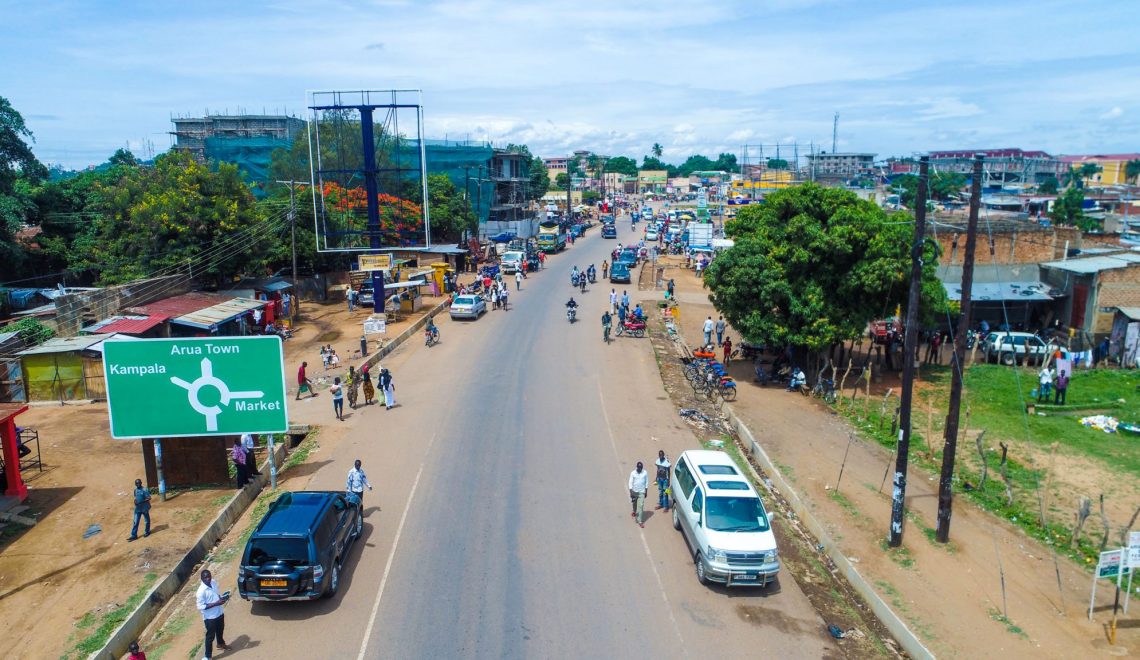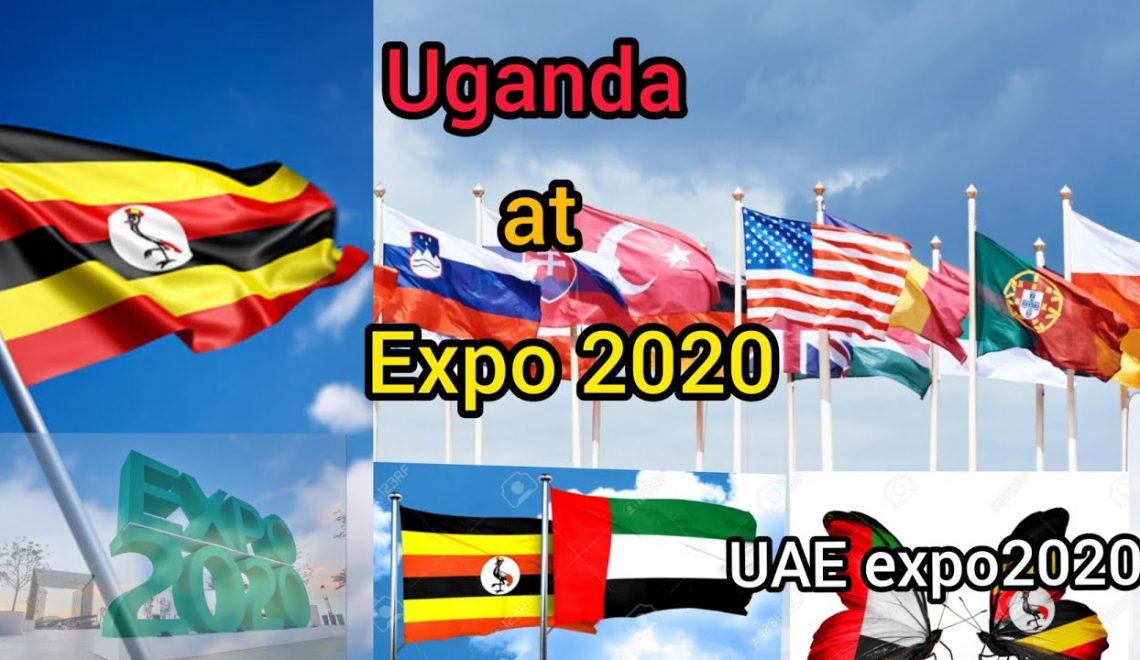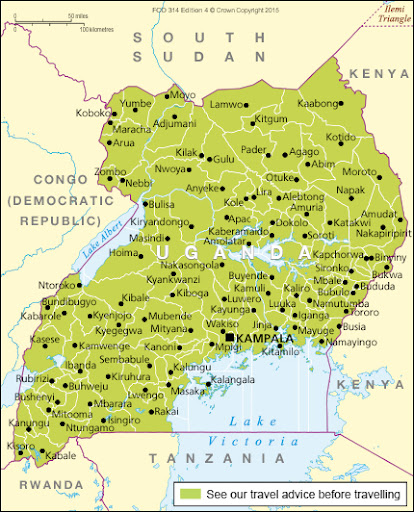
I have nothing against parliament, just that it’s a place were a few illogical conversations and brawls usually take place. Probably if I had the balls to make it to the august house, I would begin thinking like all of the folks who earn a living in that place. Indeed I have had the privilege to be in the company of many honorable Members of Parliament. I found them a fun lot, with many similarities despite disagreeing and fighting over a few things like term and age limits. On other things like allowances, foreign travel and retirement packages, they usually are in cahoots.
It was therefore no surprise recently when the Minister of Local Government (remember the age limit chap?) tabled the motion to turn some upcountry thoroughfares into cities. An overwhelming 313 Members of Parliament present during the plenary sitting voted to adopt the motion. There was no disagreement here because the alternative could not have been a vote catching position, if you have an eye on the next election. That actually goes to show you that your MP’s agree on more things than they care to let you believe.
One of the reasons why your MPs unanimously agreed to the motion is that cities in Uganda are a direct charge on the Consolidated Fund and have their specific votes, through which funds for social services and infrastructure are directly channeled. Thus if their remit includes taking the bacon home, it follows that any politician with an eye on the coming elections could never accept to be caught on the ‘wrong’ side of this debate.
But what makes a city? Are the new cities deserving of the status, given that many are no more than thoroughfares on Uganda’s highways? While there is indisputable value in being called a city, such as status and the aforesaid access to public funds, there is more to it than just being called one. According to Robert Bevan, a writer and regeneration consultant, economists, geographers and archaeologists have long debated what being a town or city means. In the ancient world, factors such as trade, specialised occupations, monumental buildings and taxes paid to a ruler were taken into account in conferring city status. A city was typically differentiated from a town by its relative size and sophistication in comparison to its hinterland. Cities were places of exchange which identified with specific crafts, commerce and industrial activity. The centre of an ancient Greek city state was its agora – a place of assembly, for the exchange of ideas among the free-born as well as of goods.
Along the way, some people grew tired of the urbanite view of the city and its dirty and crowded nature. They moved further afield to create a new type of ‘city’. One where space was cherished and common ideas thrived. Thus the idea of green cities, tech cities and all sorts of smart types were invented. This type of place seems not to have fared well because of its lack of a thriving existence.
True cities are inevitably defined by their soul. The true city is a dense cosmopolitan and lively place where true free spirited strangers meet to commune and share the joys and pains of being different. All over the world, many places have managed to add the moniker of city to their name while remaining little more than sleepy rural towns. In our case, save for a few of the 15 towns that have earned the right to call themselves cities, most are no more than sleepy intersections where a bit of commerce takes place and mostly everybody retreats to their rural dwellings out in the farmland. The feeling of destitution and small town mentality is ever present. Thus even as the honorables concurred on conferring city status on their hometowns, the work of making these places real cities is surely a harder job. What we know for a fact is that putting lipstick on a pig does not change what it is.
Samuel Sejjaaka is Country Team Leader at Mat Abacus Business School. Twitter @samuelsejjaaka



